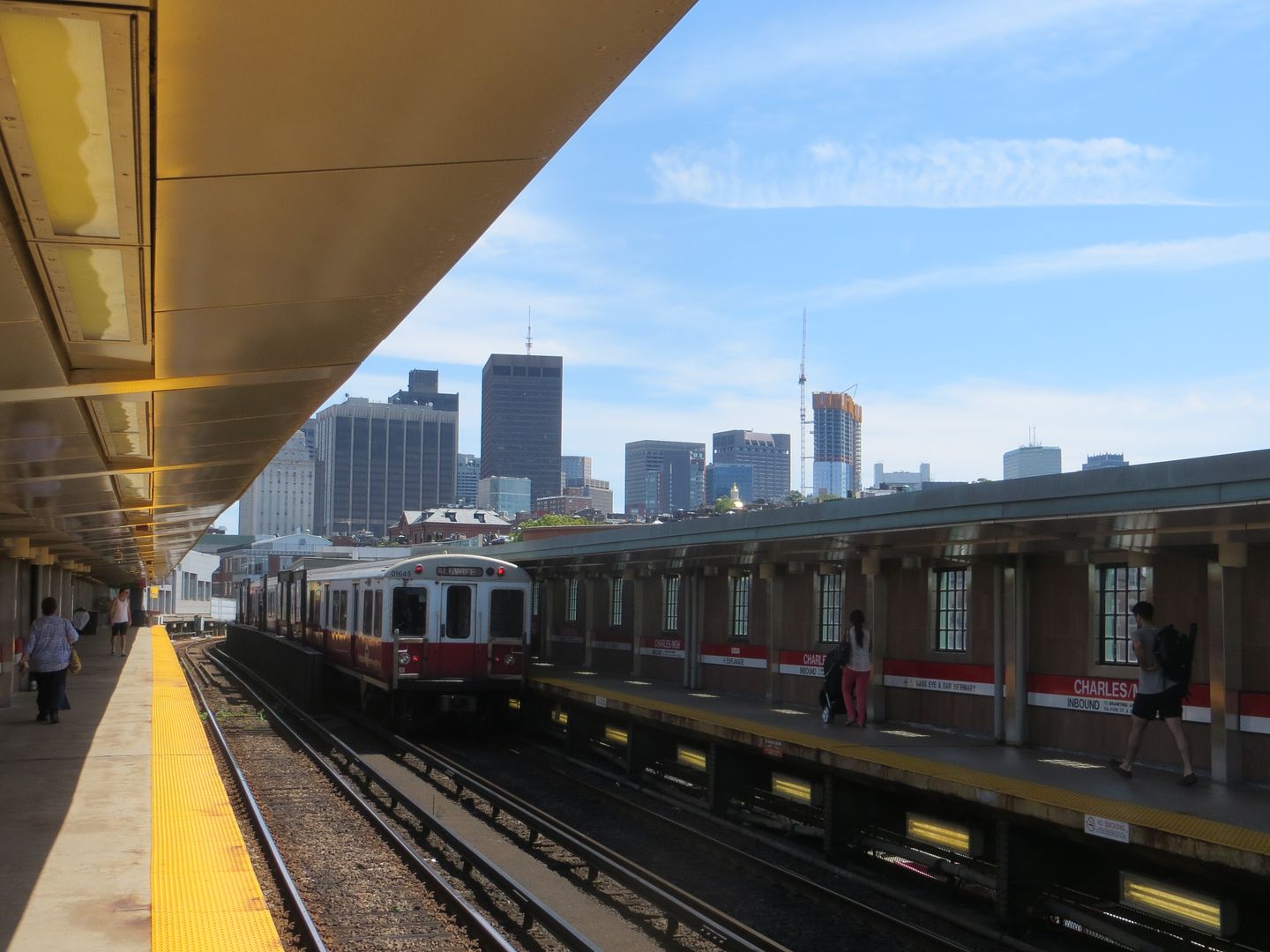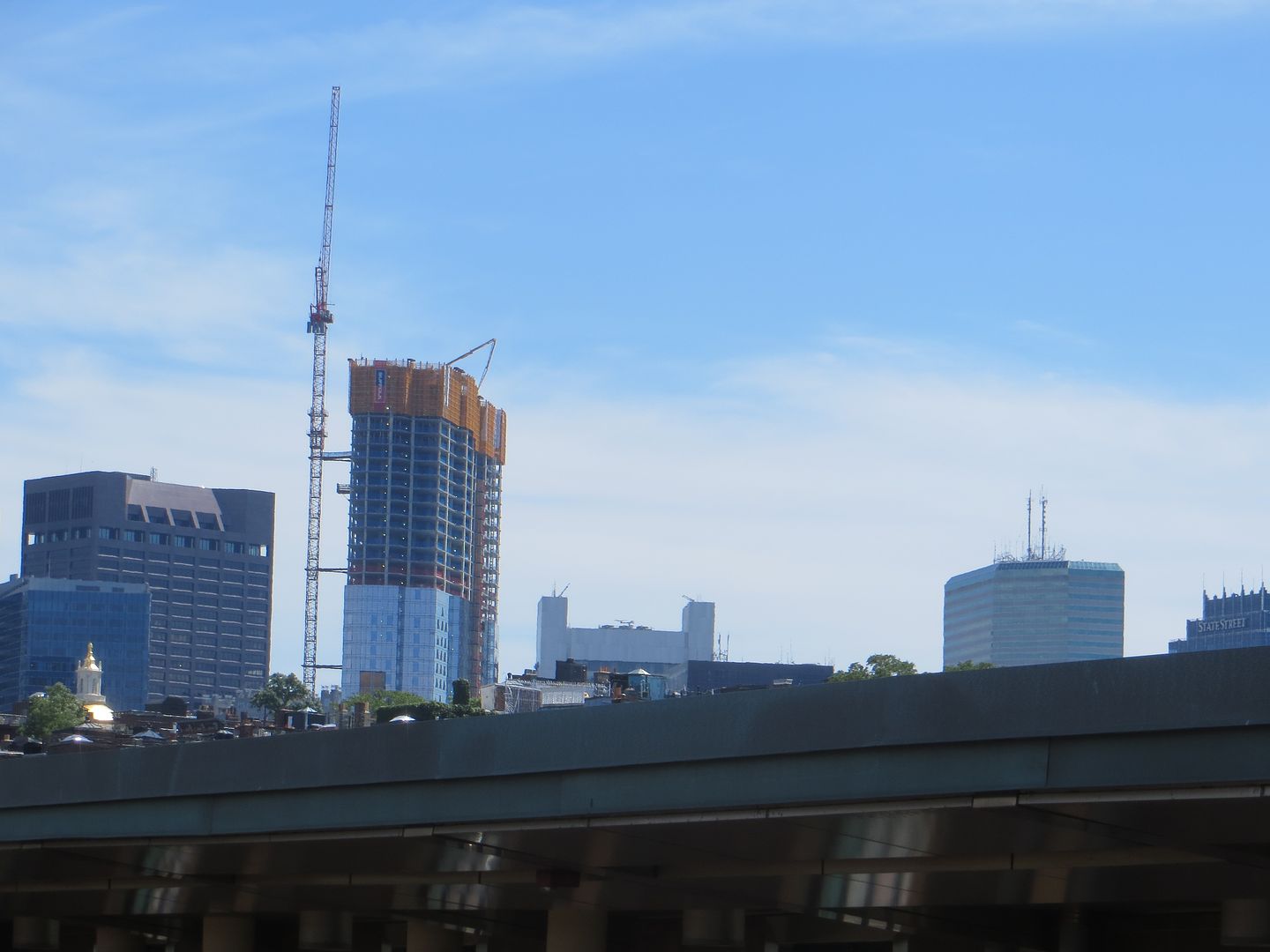Not necessarily true. It would be better to do both, build more new housing, but also cater to a mix of income level. Here's example: if I produce nothing but lamborghini's, and flood the car market with it, do you think it would in any way, lower the cost a Toyota Camry? No, it will lower the cost of a lamborghini but nothing else. Why? Because a lamborghini caters to the rich, not the middle and lower class and there's a price floor at which you would sell on a lamborghini's and you won't sell it on a lost. So what happens? Producer will cut down on producing luxury cars. Would that in any way affect the price of Camry? No, again because it is in a separate market. Now replace the lamborghini and camry with luxury and affordable housing. Same problem.
Car example: Mostly correct! But incorrectly applied. In this extreme example, the price of Lambos would drop until middle-class families could get a Lambo. Is that a bad thing? No. Would that ever happen? No, because it would no longer be profitable to produce Lambos (an expensive car to build). At a certain point (a point that would never be reached), Camrys would drop in price, because who's paying $24,000 for a Camry when Lambos are $22,000 (an extreme example, yes).
Back to the housing market: if enough luxury apartments were built, the price of luxury apartments would drop to the point that middle-class families could afford to live in a luxury apartment. Is that a bad thing? No. Would that ever happen? No, because it would no longer be profitable to produce luxury apartments (an expensive type of housing to build). At a certain point (a point that would never be reached), normal apartments would drop in price, because who's paying $2,000/month for the floor of a triple-decker in Everett, when a luxury apartment downtown is $1,800/month (an extreme example, yes).
-------
MOST IMPORTANT PART OF ARGUMENT BELOW-----
Now, instead of extremes, let's apply this to a tangible reality: The reason mostly luxury-apartments are being built is because of the shortage of new housing. If the market is only going to produce 20%* of the necessary housing, the housing that gets built will be the ones with the highest profit margins: lux-developments. Similarly, if the car market were as restrictive, and only 20% of the needed cars were being built, you better believe that manufacturers would make Lambos and not Camrys. A Lambo that sells for $200,000 is going to have a much higher profit margin than a Camry that sells for $24,000.
In conclusion, protesting lux-developments like
Millenium Tower due to them being lux- is missing the point. The reason we are seeing these lux-developments more often than normal, middle-class developments, is because of the lack of new housing. Using your car example, if only 20% of the necessary cars were being produced, and they were all Lambos, it would not be worthwhile to try to halt Lambo production, but rather to try to encourage Camry production! The Lambo/lux-development is not the problem, the lack of production is the problem, which leads to only Lambos/lux-developments and a lack of middle-class/Camry developments.
Do you agree?
*20% is just a number. We now that not enough housing is being built. I do not know by what degree.
EDIT: I have a very strong understanding of economics, but I do not drive. Forgive me if my car pricing was slightly off. The point 100% remains.



